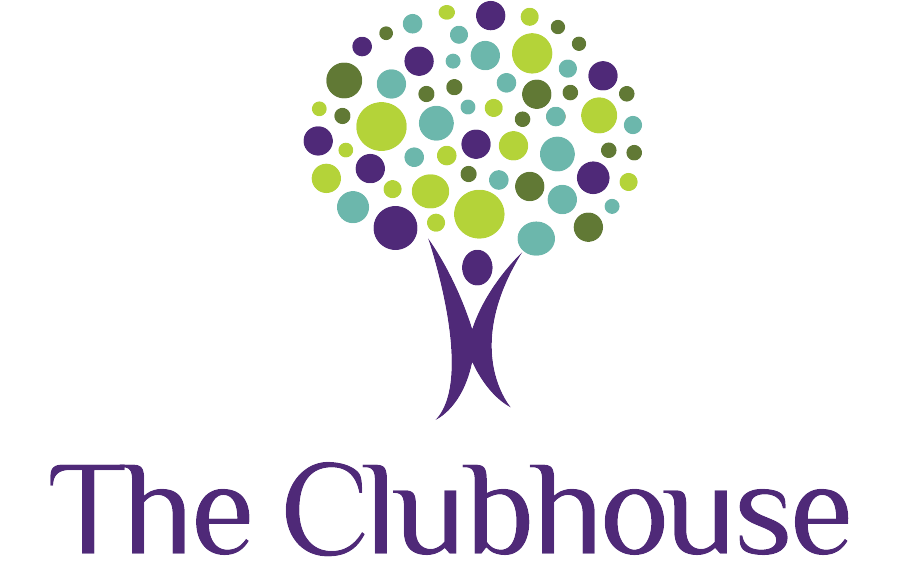By Mary Stanton, M.S., CF-SLP
“Executive function” is the term used to describe how we plan and carry out daily tasks. Some kids have extra difficulty remembering what to bring with them, multitasking, or staying on schedule with their peers. Many of us have seen the stress children can experience because of a forgotten textbook or missing swim goggles. As parents and caregivers, how can we help them plan effectively to be independent, organized kids?
Here are a few tips that can help your child build executive function skills:
- Use visual reminders: Creating a checklist to place on a student’s desk, or taking a photograph of the contents of a full gym bag or complete winter outfit (e.g.. coat, earmuffs, mittens, etc.), can provide a quick reference for kids to get themselves ready and self-check before an activity or transition.
- Maximize routines: Even if your child has not yet mastered the ability to read a clock, the sequences involved in daily routines can be helpful. Some children benefit from reminders to think about upcoming steps and visualize what will need to happen to complete a task or reach a goal.
- Model flexible thinking: Another important aspect of executive function is the ability to be adaptable and change a plan as needed. If something unexpected happens, parents can “think out loud” to model problem-solving – for example, “The library doesn’t have the book we wanted to get, but that’s OK. We could check out a different one, or try looking at another library. What do you think?”
Speech-language pathologists are trained to understand how the brain works and are skilled at teaching kids cognitive strategies. For details on how therapy can help your child improve executive function skills to support his or her learning and growth, contact us today!

